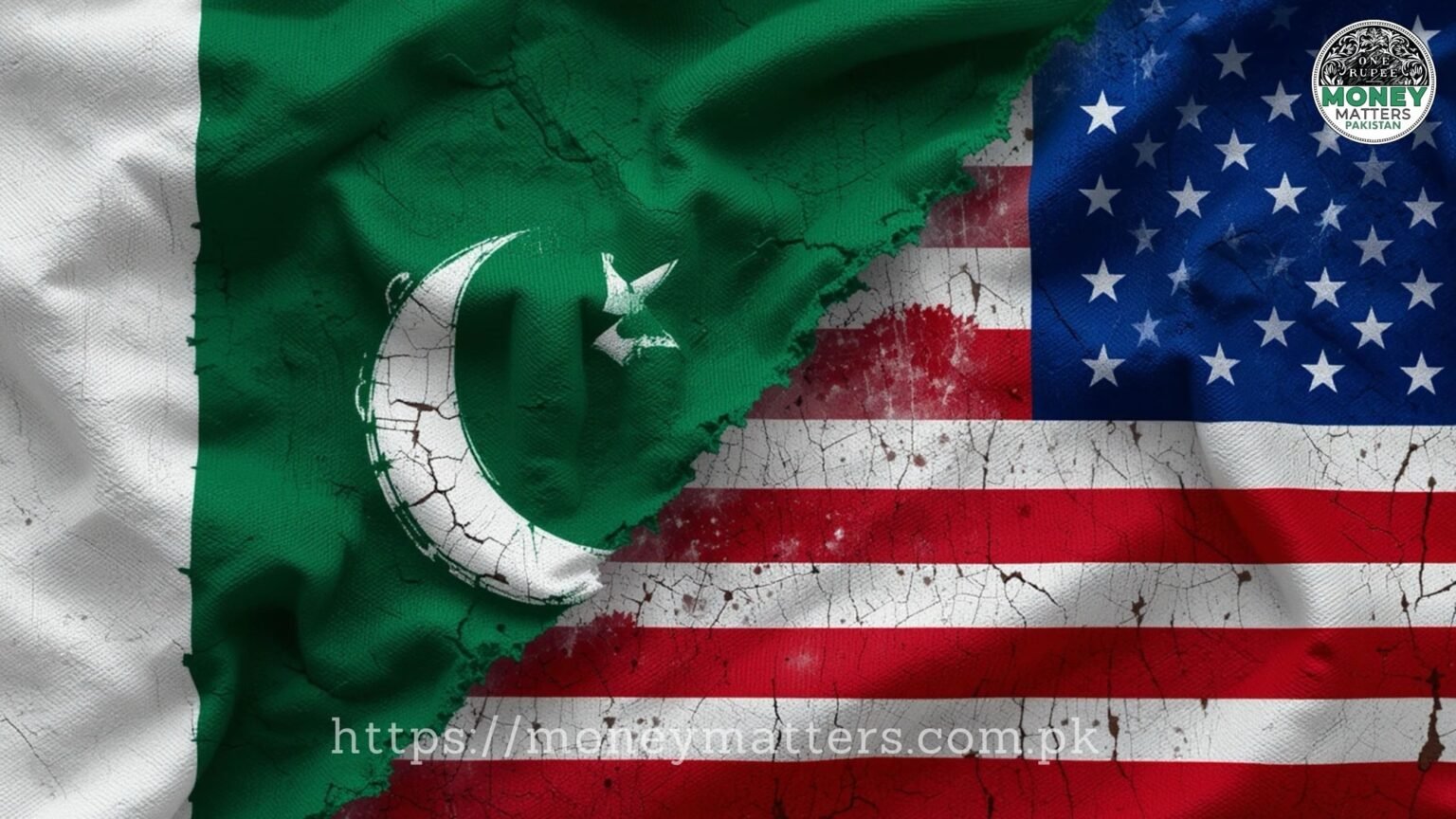Finance Minister Aurangzeb to address trade relations and investment opportunities in Washington meetings.
Key Takeaways:
i) A Pakistani delegation, led by Finance Minister Muhammad Aurangzeb, will attend IMF and World Bank meetings in Washington from April 21-26.
ii) Discussions will focus on trade relations, particularly tariffs imposed by the Trump administration on Pakistani goods, and investment opportunities in Pakistan’s mineral sector.
iii) The Trump administration’s 29% tariff on Pakistani imports could significantly impact Pakistan’s exports, potentially leading to a decline of 20-25% and costing $1.1-$1.4 billion annually.
Islamabad, Pakistan – April 17, 2025 – A high-level Pakistani delegation, headed by Finance Minister Muhammad Aurangzeb, is set to travel to Washington, D.C., from April 21st to 26th to participate in the spring meetings of the International Monetary Fund (IMF) and the World Bank. The visit comes at a crucial time as Pakistan grapples with the potential economic fallout from recently imposed tariffs by the Trump administration.
The delegation’s primary objective is to engage with global financial institutions and U.S. officials to discuss strategies for strengthening trade ties and addressing concerns over the new tariffs. These tariffs, which could reach 29%, are projected to significantly reduce Pakistan’s exports to the United States, potentially costing the country billions of dollars annually.
The delegation includes the Governor of the State Bank of Pakistan and other senior government officials, as well as prominent businessmen and exporters, reflecting Prime Minister Shehbaz Sharif’s emphasis on bolstering trade relations with the United States.
Minister Aurangzeb is also expected to highlight investment opportunities in Pakistan, with a particular focus on the country’s mineral sector. He will brief IMF and World Bank representatives on Pakistan’s improving economic situation and the government’s ongoing efforts to stabilize the economy and stimulate growth. The delegation includes the Governor of the State Bank of Pakistan and other senior government officials, as well as prominent businessmen and exporters, reflecting Prime Minister Shehbaz Sharif’s emphasis on bolstering trade relations with the United States.
The Trump administration’s tariffs, part of a broader “Fair and Reciprocal Plan,” have raised concerns about their potential impact on Pakistan’s economy. Reports indicate that these tariffs could lead to a 20-25% decrease in Pakistani exports to the U.S., resulting in an estimated annual loss of $1.1 to $1.4 billion. The textile sector, a major contributor to Pakistan’s exports, is particularly vulnerable.
While the tariffs pose a significant challenge, some analysts suggest that Pakistan could potentially gain a competitive edge over other countries facing even higher tariffs from the US. [The Diplomat] However, the overall outlook remains uncertain, and the Pakistani delegation’s discussions in Washington will be critical in shaping the future of trade relations between the two countries.




